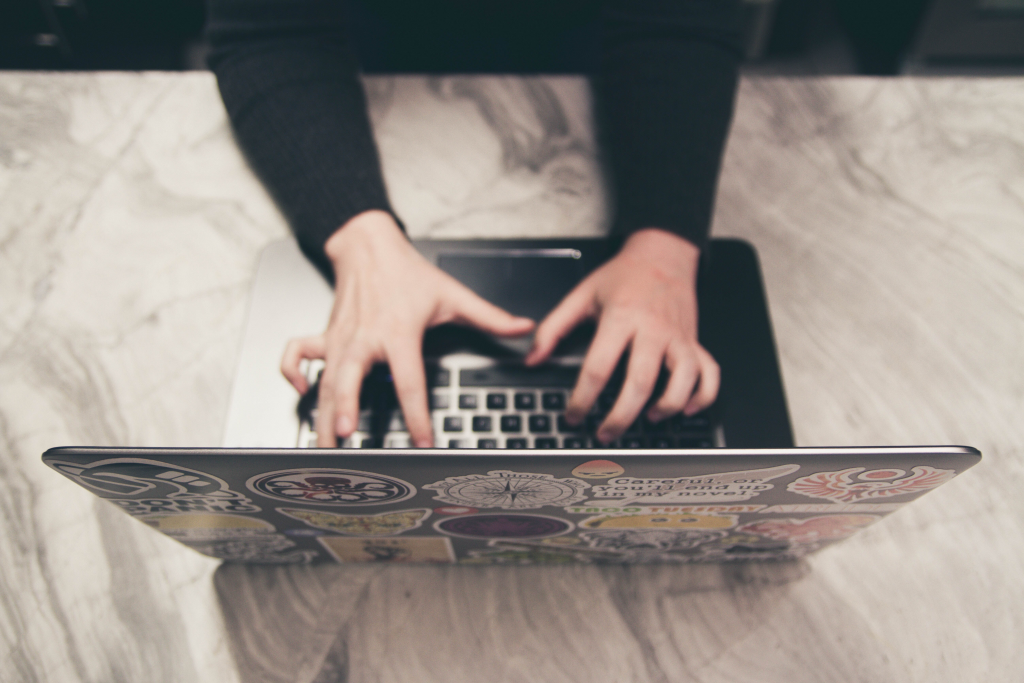Email and Workplace Wellbeing Workshops
Absolutely stoked to be invited as a presenter for the Northern Territory Chartered Accountants Forum again this year. It's an awesome event that brings together accountants and finance specialists from across the NT for industry and professional development.
I was invited to present on 2 topics.
How to Achieve Email Happiness & Managing your Stress and Wellbeing
I thought I'd take a moment to share a couple of take home messages from the presentations. I hope these are useful for you and your workplace.
Email Happiness
Email can be overwhelming and cause a lot of stress in busy workplaces, it's important first to acknowledge that it's ok to feel stressed and that it's probably more common than not. Now what can you do to help reduce that stress.
Send emails that you would like to receive - by setting the tone and style of emails in your communications you create the culture you want to communicate by.
Always indicate if there is an action or response required clearly at the beginning of your emails and remember to empathise with the person you are sending it to (the best communicator empathise and that's no different on email platforms).
Schedule email rather than send them at the end of the day or after work hours - don't create a culture of 24/7 access, scheduling will get the message to them but without any expectations of after-work hours.
Don't start your day with emails. Focus on a productive task so you start the day feeling like you've achieved something instead of answering everyone else communications - it's ok to put your work first.
Human being can't multi-task comfortable. Allocate time for emails and try to be strict about that time. Don;t use push notifications or alerts - open email at a time that suits you and give yourself space to work on productive taks.
Never send an email if you are angry or tired. Give yourself space before writing your feelings down. And it's a question that could be asked face-to-face or over the phone use that method more - it creates a more connected and 'real' workplace.
Stress and Wellbeing
Stress has one of the biggest impacts on productivity and workplace turnover and dissatisfaction. Creating a culture at work that acknowledges stress and has resources/tools to support people feeling overwhelmed is essential.
Break the rumination. If you find yourself circling in thoughts of stress and becoming overwhelmed in your own head then do something to break that train of thought. Get up and go for a walk, do something creative, talk to a loved on, change your desk set up - anything that physically changes your mindset from circling in stress to something new.
Creativity and playfulness activates different parts of your brain and can help your mind be more agile and resilient. Add playfulness into your working day - even a 2 minute drawing challenge to break up projects or hours is a great way to release stress, connect with your colleagues and stretch your brain.
Have food away from your desk. Make time for this. And if you are eating lunch don't sit on FB or your phone the whole time. Brains are not made to be stimulated all the time. They need space to recover and reenergise. I feel sometimes technology has evolved faster than we have - so we have to remember our limitation and look after our bodies. For a sustainable and fulfilling workalike it's important to have breaks and rest.
Look after your colleagues. Check in on each other. Encourage breaks or creativity or group camaraderie. And remember to find time to refocus on the purpose of your work and why you do it - knowing why you work is essential for motivation and a sense of fulfilment that make stress worthwhile and not a burden.
I love running these workshops for businesses and organisations. They include many interactive activities that I hope allow people to try techniques that could help them later at stressful or overwhelming times. Thanks Northern Territory Chartered Accountants for having me again.

